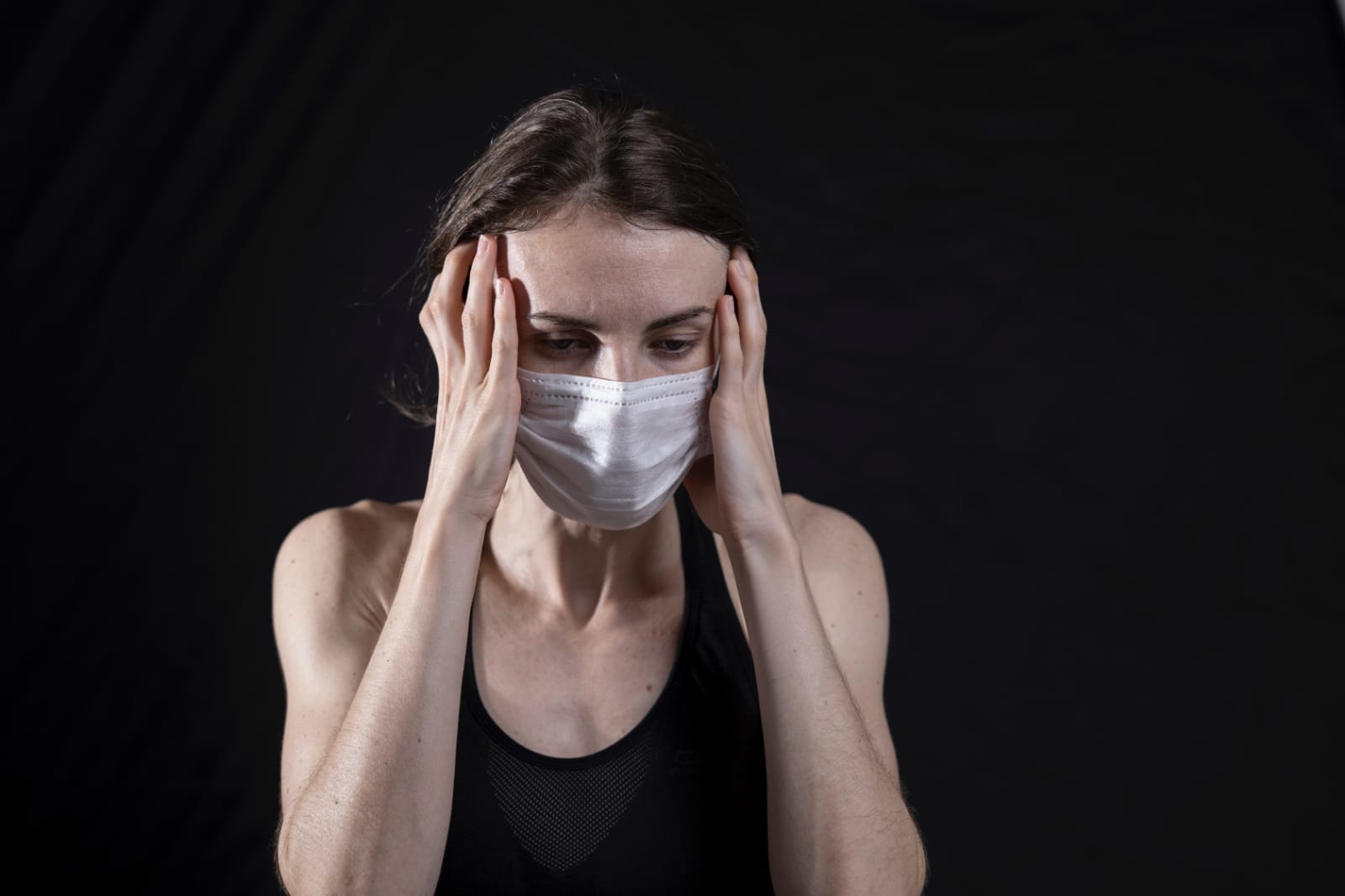With all the overwhelming statistics on the global population’s deteriorating mental health, it’s evident that the COVID-19 has taken a toll.
If these statistics were not scary enough, more statistical data is available on how our mental health is further affected by the onset of our long winter,
I know that I’ve painted a picture of doom and gloom. But we should remember that every cloud has a silver lining. In this case, you’re forewarned and, therefore, forearmed, as you know, you don’t want to add to that list.
Yes, having anxiety is the new norm, but acting impulsively and violating social standards can be avoided. We can all remember with a shudder the initial days of the pandemic, hoarding of the humble toilet paper and selling on the black market of another equally modest product, the hand sanitizer.
Here, the catastrophic thinking error is at work where people like you and me, feeling out of control and believing that they and their loved ones will perish, display maladaptive behaviours to stay safe.
It’s not easy to get rid of your fears when the pandemic is far from over. Your fears are amplified when you listen to the news or seek support on social media. Nevertheless, you maintain positivity, seeking and adopting a healthier lifestyle, like registering for online events or growing your greens.
With this in mind, I’ll be discussing some strategies which hopefully will help you in your search.
The pleasure and mastery activity scheduling as per cognitive behaviour therapy helps you choose activities that give you joy or a sense of accomplishment. So, pleasure-giving activities like taking out time to have a leisurely breakfast can be done guilt-free. Additionally, having this feel-good moment last longer, you can include actions that take time and effort to accomplish (the mastery principle), like trying out a new recipe or learning a new instrument.
Practicing mindfulness whenever you can in your day will help to take the edge off your emotions. Upon waking up, try to visualize your day and how you can make the time for mindfulness, which can be as simple as concentrating on your breathing while waiting for your children to finish their activity. With practice, you can breathe into the count of 2, hold your breath for 2, breathe out to the count of 2.
Gradually, you can increase the number of counts. Additionally, you can make a mini-resolution to suffice you until the next time.
Mindfulness or being in the present moment helps to shut off or pause your flight-fight response, your body’s automatic response to any perceived danger or threat to your well-being.
Another way of staying strong is to seek professional help if you find any deterioration in your overall functioning, inability to get up in the morning, sleep problems, indecisiveness, or withdrawal from activities you usually enjoy.
So what, the dice are loaded against you. By accepting what you can control, you can give your best shot. Therefore, when more challenging times roll again, you’re ready as life is unpredictable.
De-stressing on the go can be your go-to for living with the COVID-19.
This article was printed in The Telegraph Journal
Picture is courtesy Unsplash, many thanks to photographer Engin Akyurt.


